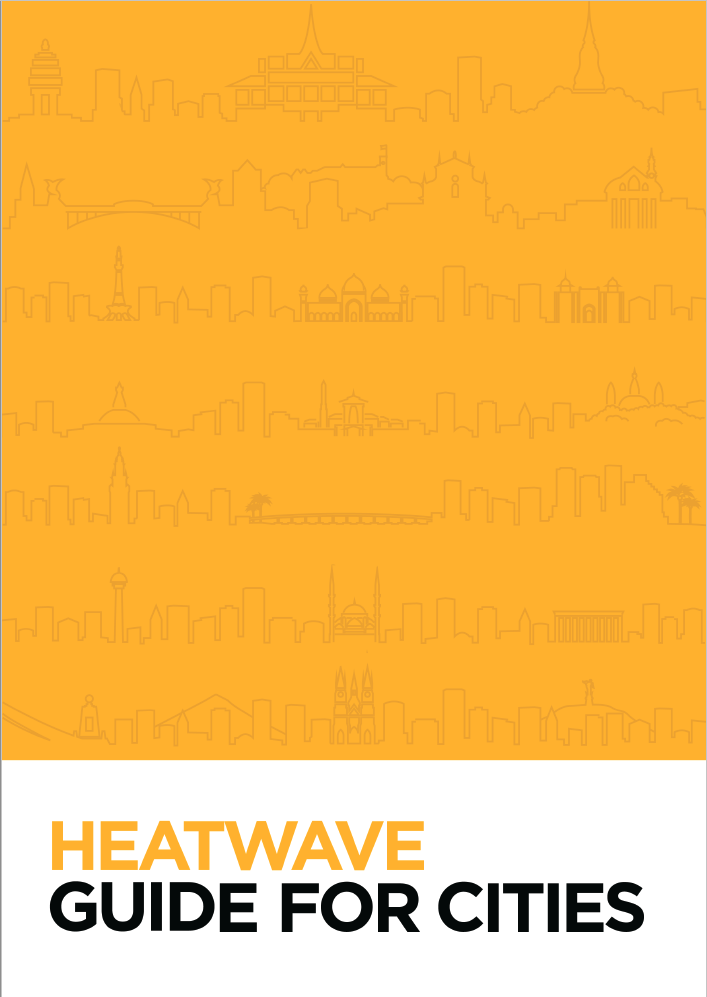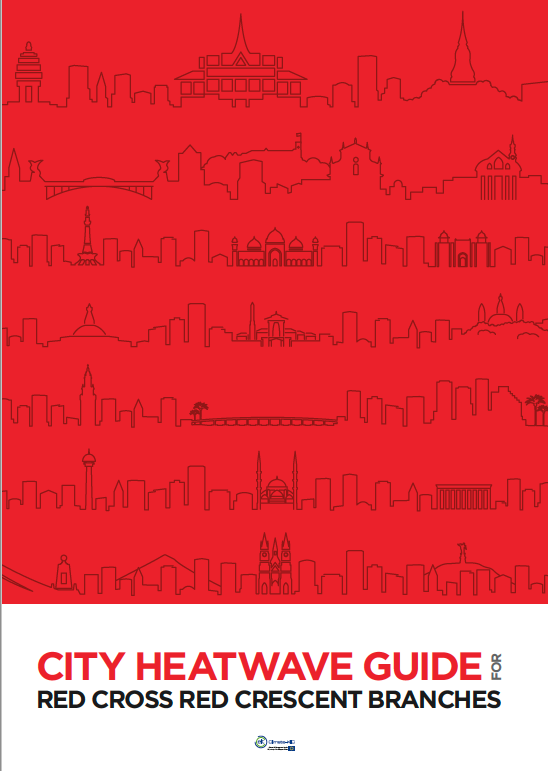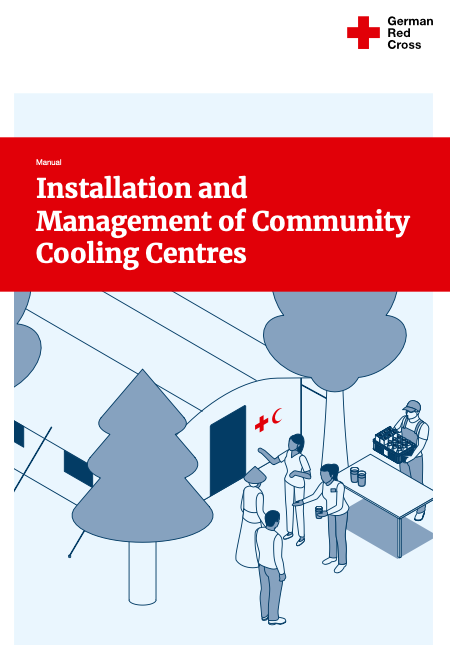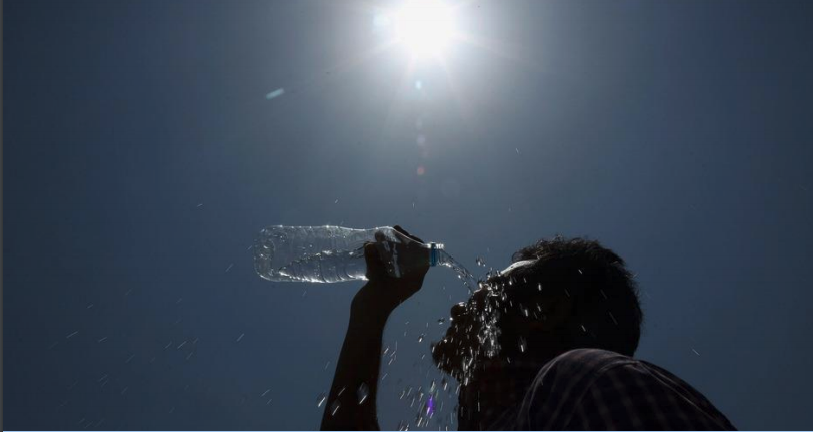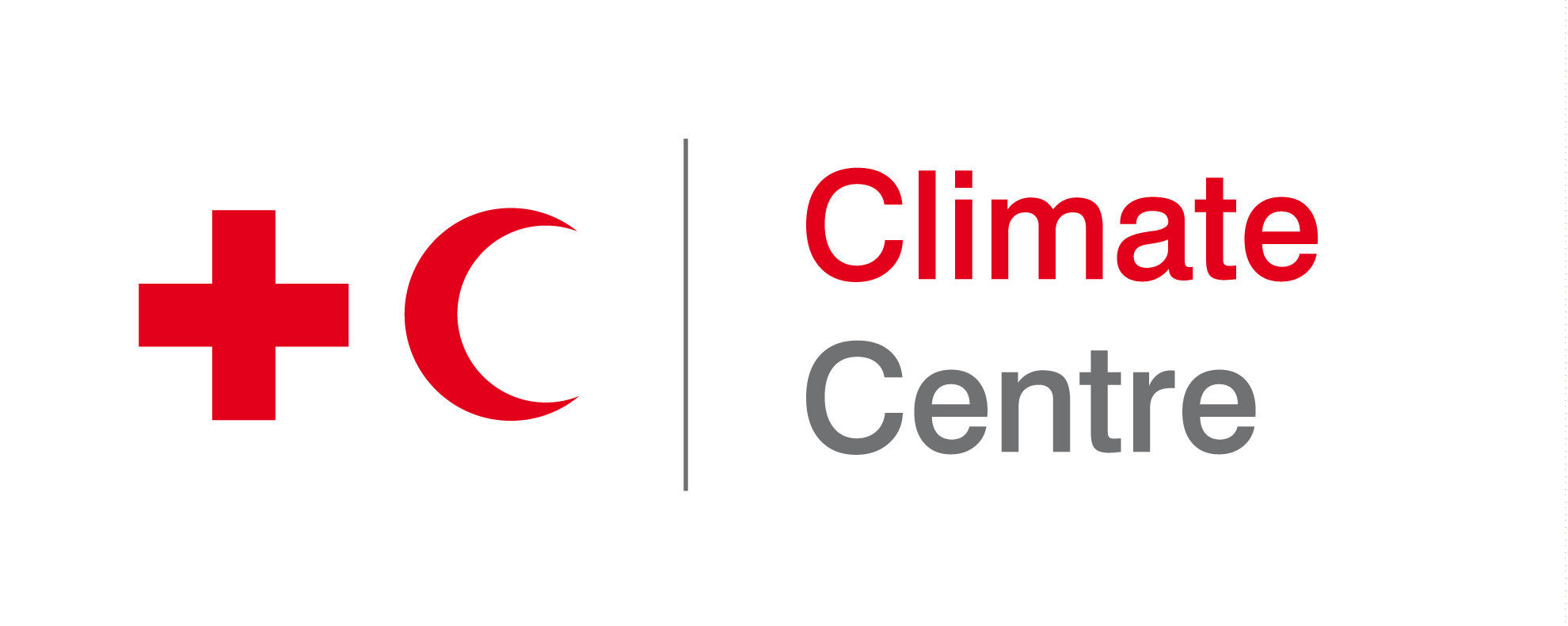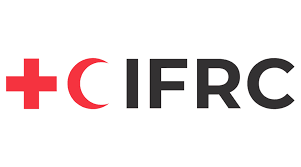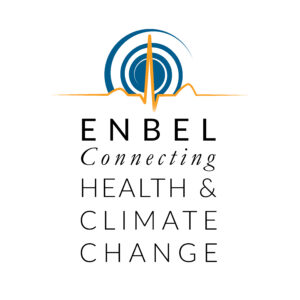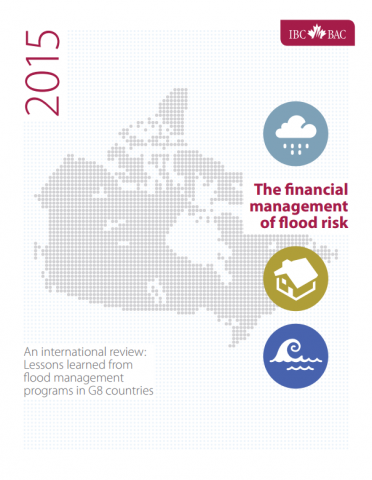HEAT
PREPARE FOR, TAKE ACTION, CAMPAIGN AGAINST HEAT!
Resources developed by the RED CROSS RED CRESCENT Network.
Heatwaves are among the deadliest natural hazards facing humanity. The threat they pose will only become more serious and more widespread as the climate crisis continues.
While the effects of heat are more readily seen in cities, the livelihoods and well-being of non-urban communities can also be severely disrupted during and after periods of unusually hot weather.
Resources developed by the red cross red crescent network help communities prepare for heat waves. Check out some of these resources below:
Campaign Materials
Guidance Materials
Heatwave Guide for Cities is designed with, and for, people working in city government to understand, reduce the risk of, and respond to, heatwaves in their cities.
The Heatwave Guide for Cities provides information and recommendations for technical staff within city government, including working with partners to understand city-specific heatwave risks; operational approaches to prepare for an imminent heatwave; response strategies to reduce human harm during a heatwave; and ways to learn from a heatwave that has just ended.
Case studies from cities around the world are included in this guide to highlight effective urban heat adaptation strategies, including early warning systems, climate-sensitive designs, and public information campaigns.
Throughout each chapter, there are recommended actions that can be taken and online resources for more detailed guidance on heatwave risks.
The Heatwave Guide for Cities is available in Amharic, English, French, Hindi, and Swahili.
This guide is tailored towards practical actions that can be led by Red Cross Red Crescent branches in preparing for, and responding to, heatwaves in towns and cities.
The City Heatwave Guide for Red Cross Red Crescent Branches is a guide based on the comprehensive Heatwave Guide for Cities but it is tailored towards practical actions that can be led by Red Cross Red Crescent branches in preparing for, and responding to, heatwaves in towns and cities. While aspects of these actions may be new, the most recommended actions can be easily integrated into existing branch activities.
While heatwaves can affect both rural and urban areas, this guide is tailored towards actions in urban areas. Temperatures in towns and cities tend to be hotter than the surrounding rural areas due to the many surfaces – such as densely packed buildings, roads, and pavements – that absorb heat and release it slowly.
This effect makes towns and cities hotter for longer. A branch located in a rural area may choose to modify some of the actions to be better suited for this area.
The City Heatwave Guide for Red Cross Red Crescent Branches is available in Amharic, English, French, Dutch, Hindi, Indonesian, Spanish, and Swahili.
The community cooling centre manual is intended to assist RCRC National Societies and branches in planning for, setting up and man- aging a community cooling centre during a heatwave. It informs staff and volunteers about how to recognise symptoms of heat exhaustion and manage and care for individuals affected by heatwaves and recommends the necessary first aid (FA) management steps.
This manual complements the City Heatwave Guide for Red Cross Red Crescent Branches1 and the Heatwave Guide for Cities2 developed by the RCRC Climate Cen- tre. It is also aligned with the collaborative report on Ex- treme heat: Preparing for the heat waves of the future3 by IFRC, UN OCHA and the RCRC Climate Centre. Its purpose is to support the global RCRC Movement’s goal of enhancing protection for 250 million people from heat by 2025, within a minimum of 150 cities and towns.
Case Studies & Policy Briefs
Research & Reports
More Resources
Multiple organizations have created guidance to help families prepare for extreme heat.
Videos

PREP for CHANGE – Protecting workers in Nicaragua
The film is showcasing the toll of heat stress on workers and world-leading protections developed in Nicaragua. The research behind this is done e.g. in the PREP project that is funded through the Belmont Forum.

Effect of Climate Change on Manual Laborers
This film showcases the effect of climate change on the occupational safety and health of manual laborers in Europe. The film is about the work of for HEAT-SHIELD, an EU funded project that addresses the negative impacts of workplace heat stress on the health and productivity of the EU workforce. HEAT-SHIELD is one of the research projects in the ENBEL network.

Heat health adaptation plans - ENBEL educational videos series
In this educational video produced by the EU project ENBEL, Dr. Francesca de’Donato from the Department of Epidemiology at the Lazio Regional Health Service in Rome, Italy, takes us through core elements of heat health adaptation plans that aims to reduce the risks for peoples’ health during heat waves and extreme temperatures.

Protecting workers in a changing climate - ENBEL educational videos series
In this educational video made by the EU-funded ENBEL project, CEO and founder of La Isla Network, Jason Glaser, talks about why we should be concerned about workers in a warming climate, what happens to these workers and their health and what we can do about it.
Check out the latest
News & stories
The ‘Can’t Take the Heat’ podcast explores how people will adapt to a warming world. The podcast features experts from around the world including leading scientists developing climate solutions, and humanitarian volunteers telling stories of climate change from the frontlines of disasters.

